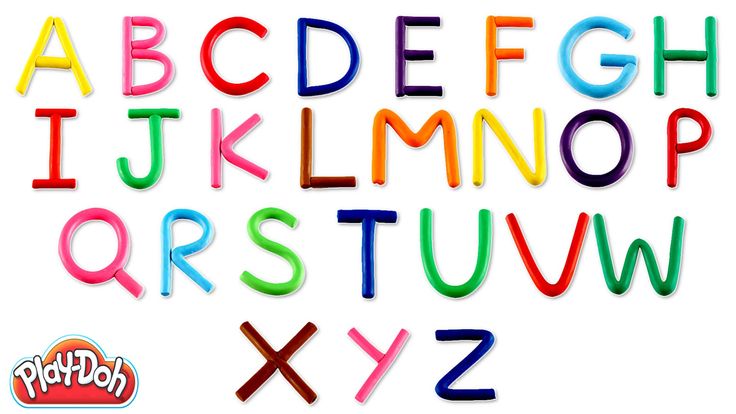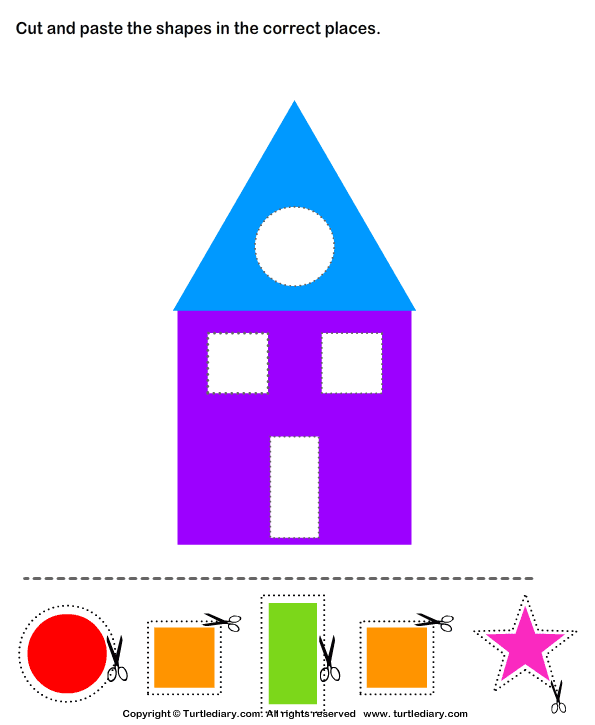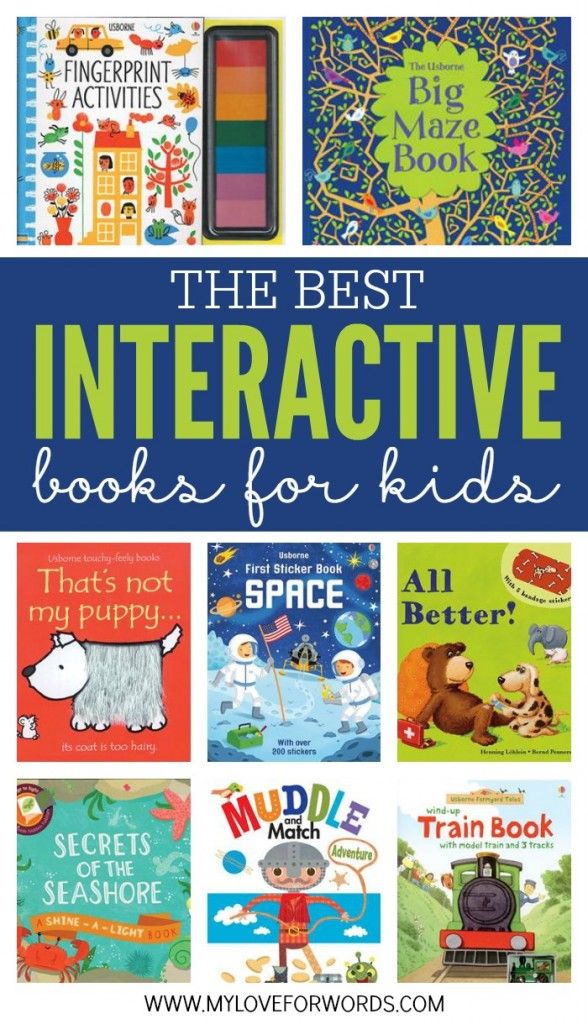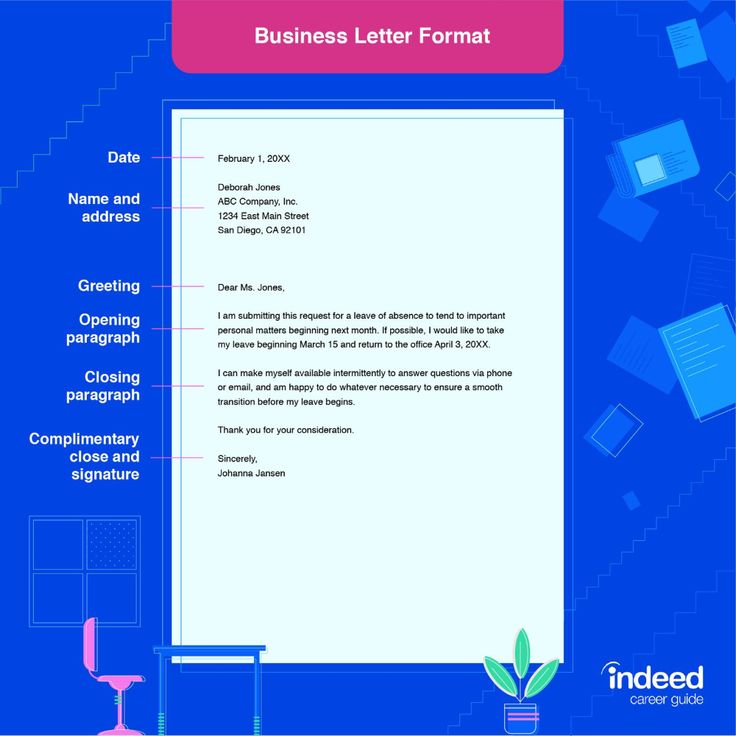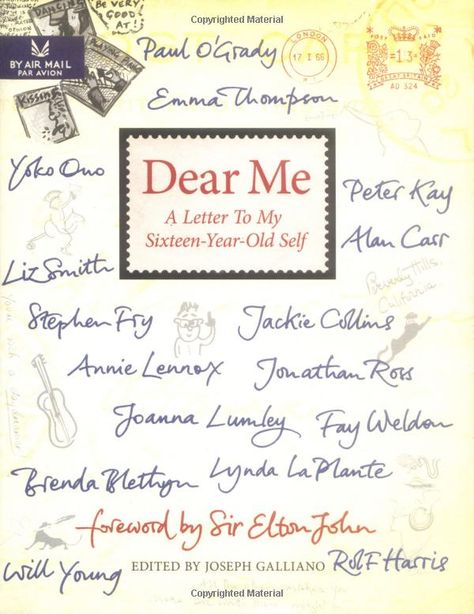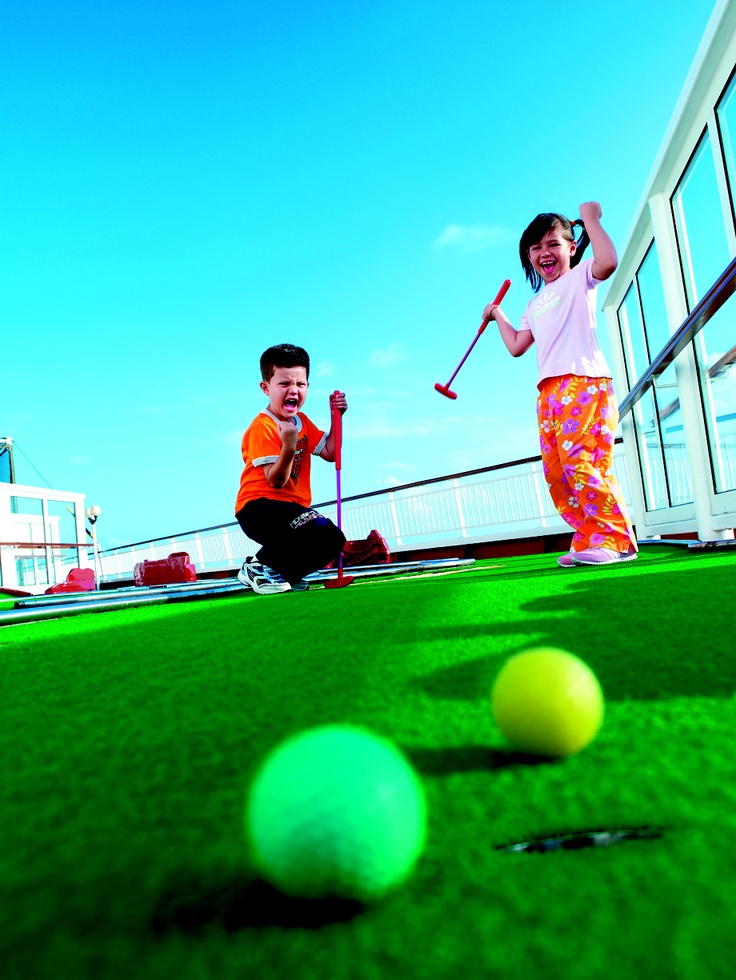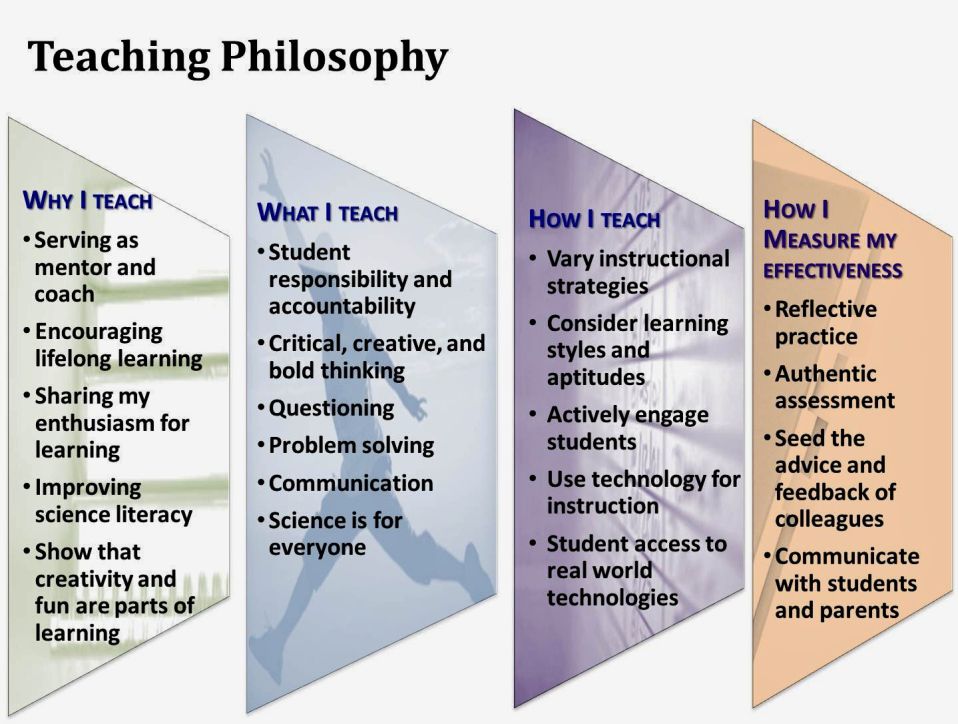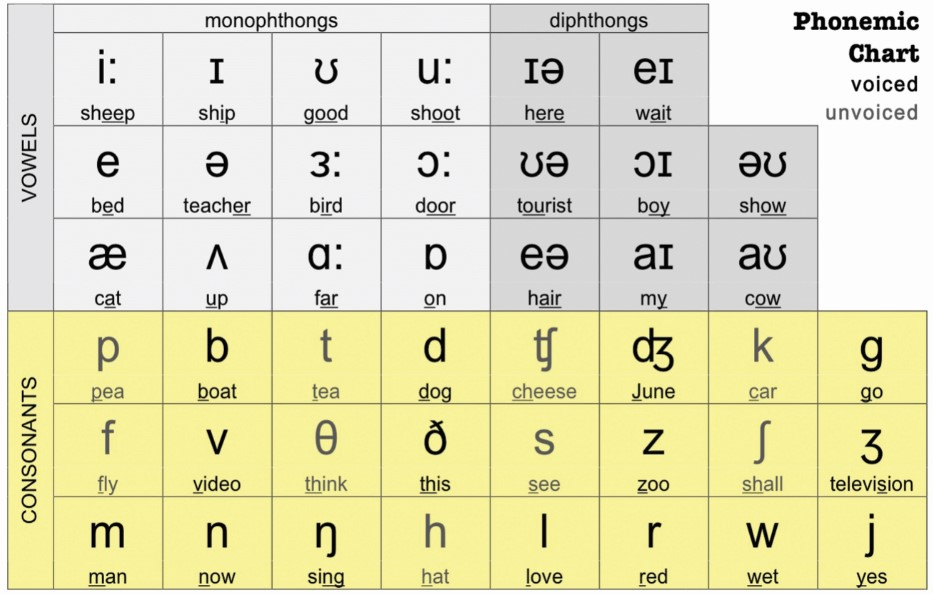Two syllable words for kids
2 Syllable Words | The Ultimate Word List
If your child is doing really well beginning to read, it may be time to move along to 2 syllable words.
Let’s take a look at what syllables are and some common two syllable word lists!
What is a syllable?
A syllable is a single vowel sound, pronounced as a unit as a word itself or as part of a word. Sometimes it can be called a “word chunk” or a “beat”.
Typically early readers will learn single syllable word families and once those have been mastered they are ready to move onto 2 syllable words.
How do you identify two syllable words?
A two syllable word is a word that when spoken has two specific sounds or beats to them. Perhaps when you were younger your teacher had you clap out the syllables.
For each vowel sound (read: not number of vowels) is the number of syllables in the word.
Example:
A one syllable word: Bat
A two syllable word: But-ter
A three syllable sound: Ba-na-na
What is the longest 2-syllable word?
In the English language there are many long 2 syllable words. Here are a few of them:
- Breaststroke
- Outstretched
- Strengthened
- Breakthrough
Open vs Closed Syllable Words
An open syllable ends in a vowel and almost always has a long vowel sound.
Example of open syllable words:
- Pa-per
- Ba-con
- Be-gin
- Ti-dy
- Pi-lot
In a closed syllable, the vowels are typically surrounded by consonants and tend to have short vowel sounds.
Examples of closed syllable words:
- Bas-ket
- Hel-met
- Muf-fin
- Bet-ter
- Hap-py
2 Syllable Words for Kindergarten
| Panda | Number |
| Father | Also |
| Under | Music |
| Purple | Seven |
| Zebra | Better |
| Also | About |
| Again | Pizza |
| People | Water |
| Happy | Pumpkin |
| Christmas | Woman |
| Yellow | Away |
| Mother | Money |
| Over | Today |
| Story | Brother |
2 Syllable Words with Long Vowels
| Sunshine | Sunrise |
| Complete | Dislike |
| Sidewalk | Confuse |
| Mistake | Upgrade |
| Conclude | Intrude |
| Explode | Pancake |
| Music | Paper |
| Firehouse | Bacon |
| Tidy | Caper |
| Exclude |
2 Syllable Words Ending in -y
| Crazy | Lonely |
| Penny | Daily |
| Sorry | Money |
| Today | Story |
| Body | Baby |
| Monday | Away |
| Tuesday | Friday |
| Sunday | City |
| Country | Ugly |
| Lovely | Sorry |
| Easy | Cherry |
| Hungry | Lazy |
2 syllable words ending in -ing
| Swimming | Running |
| Breathing | Walking |
| Nothing | Ending |
| Loving | Morning |
| Wedding | Thinking |
| Faking | Climbing |
| Standing | Jumping |
| Saying | Praying |
| Looking | Bringing |
2 syllable words that end in -er
| Flower | Never |
| Wonder | Better |
| Under | Over |
| After | River |
| Monster | Winter |
| Water | Sister |
| Mother | Brother |
| Letter | Sweater |
Similar Posts
EDUCATION | PRINTABLES
Letter O Words for Preschool
Byeverywhereyougrow
When most people think of the alphabet, the first letter that comes to mind is A.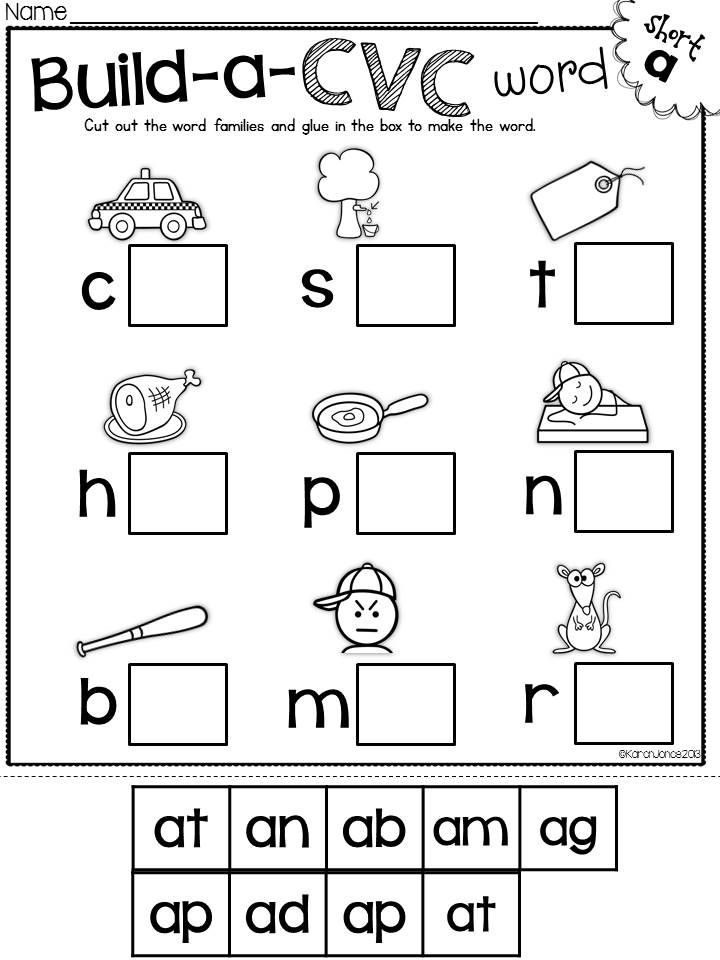 But there are 26 letters in the English alphabet, and each one has its own unique sound and properties. In this article, however, we’re going to focus on the letter O. The letter O is an excellent introduction to…
But there are 26 letters in the English alphabet, and each one has its own unique sound and properties. In this article, however, we’re going to focus on the letter O. The letter O is an excellent introduction to…
Read More Letter O Words for PreschoolContinue
EDUCATION
4 Syllable Words
Byeverywhereyougrow
There are some words in the English language that are just plain long. These words often have four or more syllables and can be difficult to spell and even more difficult to pronounce correctly. But with a bit of practice, your students will be able to master these multisyllabic monsters in no time! In this…
Read More 4 Syllable WordsContinue
EDUCATION
55 Fun Games for Kids to Bust Boredom (Outdoor and Indoor Games!)
Byeverywhereyougrow
With Summer approaching, kids are out of school, and the ever-famous complaint, “Mom, I’m bored!” is well on the horizon.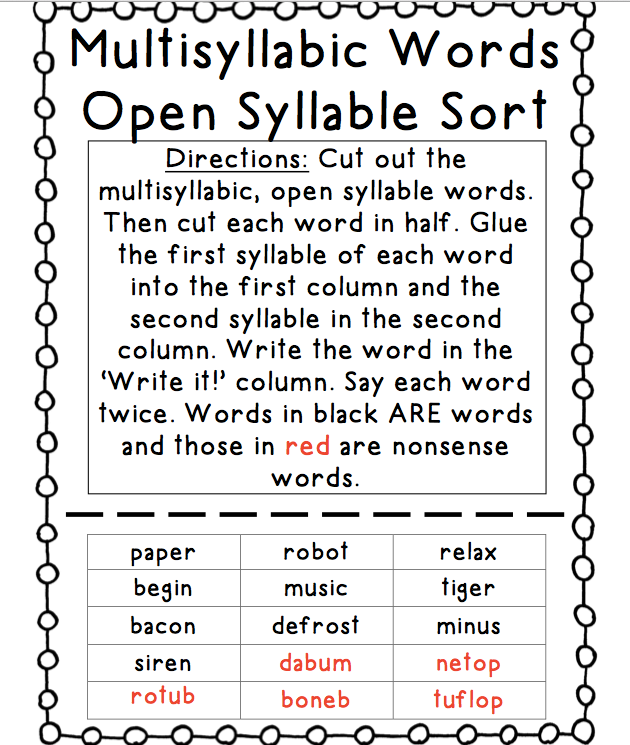 Get ready to bust boredom forever with these 55 fun and simple ideas! Whether you’re looking for something for the whole family to do or seeking independent activities for busy days- I’ve got you covered…
Get ready to bust boredom forever with these 55 fun and simple ideas! Whether you’re looking for something for the whole family to do or seeking independent activities for busy days- I’ve got you covered…
Read More 55 Fun Games for Kids to Bust Boredom (Outdoor and Indoor Games!)Continue
Kindergarten Words And 2 Syllables
- Kindergarten Words/
- 2 Syllables
Two syllable words. List of 107 words that are kindergarten words and 2 syllables. Add length, consonants, vowels, syllables, origin, spelling and more. View word search examples.
Learn how to use the easiest words finder here. Word lists are in the order of the most common words and most searched.
Page 1: purple, seven, about, again, pizza, people, water, happy, pumpkin, Christmas, over, music, party, picture, woman, apple, Father, yellow, tiger, safe, away, river, money, circle, children, alone, birthday, after, women, open, baby, monkey, story, today, mother, candy, winter, puppy, above, ape, queen, zebra, cookie, under, turkey, also, better, zero, panda, and number
| Syllables | ||||||
|---|---|---|---|---|---|---|
| Purple | 6 | 4 | 2 | 2 | Middle English | |
| Seven | 5 | 3 | 2 | 2 | Middle English | |
| About | 5 | 2 | 3 | 2 | Middle English | |
| Again | 5 | 2 | 3 | 2 | Middle English | |
| Pizza | 5 | 3 | 2 | 2 | Italian | |
| People | 6 | 3 | 3 | 2 | Middle English | |
| Water | 5 | 3 | 2 | 2 | Middle English | |
| Happy | 5 | 4 | 1 | 2 | Middle English | |
| Pumpkin | 7 | 5 | 2 | 2 | Middle French | |
| Christmas | 9 | 7 | 2 | 2 | Old English | |
| Over | 4 | 2 | 2 | 2 | Old English | |
| Music | 5 | 3 | 2 | 2 | Anglo Norman | |
| Party | 5 | 4 | 1 | 2 | Anglo Norman | |
| Picture | 7 | 4 | 3 | 2 | Middle English | |
| Woman | 5 | 3 | 2 | 2 | Middle English | |
| Apple | 5 | 3 | 2 | 2 | Middle English | |
| Father | 6 | 4 | 2 | 2 | ||
| Yellow | 6 | 4 | 2 | 2 | Middle English | |
| Tiger | 5 | 3 | 2 | 2 | Middle English | |
| Safe | 4 | 2 | 2 | 2 | Middle English | |
| Away | 4 | 2 | 2 | 2 | Old English | |
| River | 5 | 3 | 2 | 2 | Anglo Norman | |
| Money | 5 | 3 | 2 | 2 | Middle English | |
| Circle | 6 | 4 | 2 | 2 | Latin | |
| Children | 8 | 6 | 2 | 2 | Middle English | |
| Alone | 5 | 2 | 3 | 2 | Middle English | |
| Birthday | 8 | 6 | 2 | 2 | ||
| After | 5 | 3 | 2 | 2 | Middle English | |
| Women | 5 | 3 | 2 | 2 | Old English | |
| Open | 4 | 2 | 2 | 2 | Middle English | |
| Baby | 4 | 3 | 1 | 2 | Middle English | |
| Monkey | 6 | 4 | 2 | 2 | Middle Low German | |
| Story | 5 | 4 | 1 | 2 | Anglo Norman | |
| Today | 5 | 3 | 2 | 2 | Middle English | |
| Mother | 6 | 4 | 2 | 2 | Middle English | |
| Candy | 5 | 4 | 1 | 2 | Old French | |
| Winter | 6 | 4 | 2 | 2 | Middle English | |
| Puppy | 5 | 4 | 1 | 2 | ||
| Above | 5 | 2 | 3 | 2 | Middle English | |
| Ape | 3 | 1 | 2 | 2 | Middle English | |
| Queen | 5 | 2 | 3 | 2 | Middle English | |
| Zebra | 5 | 3 | 2 | 2 | Italian | |
| Cookie | 6 | 2 | 4 | 2 | Dutch | |
| Under | 5 | 3 | 2 | 2 | Old English | |
| Turkey | 6 | 4 | 2 | 2 | ||
| Also | 4 | 2 | 2 | 2 | Middle English | |
| Better | 6 | 4 | 2 | 2 | Middle English | |
| Zero | 4 | 2 | 2 | 2 | French | |
| Panda | 5 | 3 | 2 | 2 | French | |
| Number | 6 | 4 | 2 | 2 | Anglo Norman |
A comprehensive and complete disyllable words list.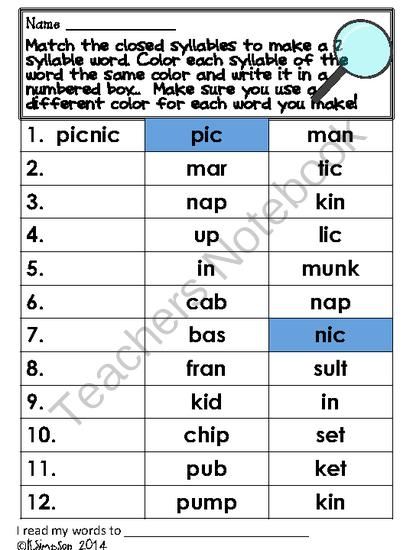
loading...
Completed
AZ word finder features completed- Word Unscambler has been renamed and will be altered to a complete Anagram Solver
- Syllable counter is now available for text and documents.
- In The Middle / In The Center word finding. Searching "two syllable words with qu in the middle", "ab in the center",etc. will bring you to a list of words spelled with _a-z_. For "exactly center" use a search like "6 letters with qu in the middle"
- Word unscrambling. For fastest speed possible, you will now land on the top viewed set of characters for that set of letters.
- New search abilities "words with all vowels" or "words with no vowels", "ends in a vowel", or "start with a vowel".
- report this adPuzzle solving using underscores or dashes such as "solve _ _ e _ _ _ _ _ _, singular nouns 4 vowels and 3 syllables"
- Find words or names by their second, third and fourth letter up to the eighth letter with eazy search like "words with the second letter b".
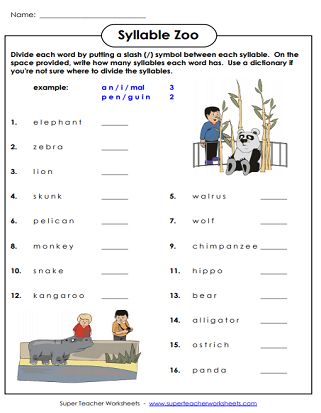
- Puzzle solver & missing letters. Wordbrain Themes, Words With Friends, Scrabble, 4Pics1Word, Word Cookies cheats, answers, and more. Example answers search: "solve the puzzle b_r", complete this 6 letter word from o-e-h, "spelled like out", "words containing out". Use an underscore or dash where the puzzle is missing a letter.
- Length queries including 6 letter words now include quick navigation for speech type and starts/ends letters such as 6 letter words with the second letter c.
- Rhymes and sounds like tool for any word, spelling, or text entered. Different results appear for sounds and rhymes.
- Palindromes word Lists now available by searching palindrome words.
- Unscrambler & Decoder - decode phrases such as "dining table" for "egbindinatl".
- Negative search filters words that do not have the letter e
- Quick word find. Single word searches bring you to the word page.
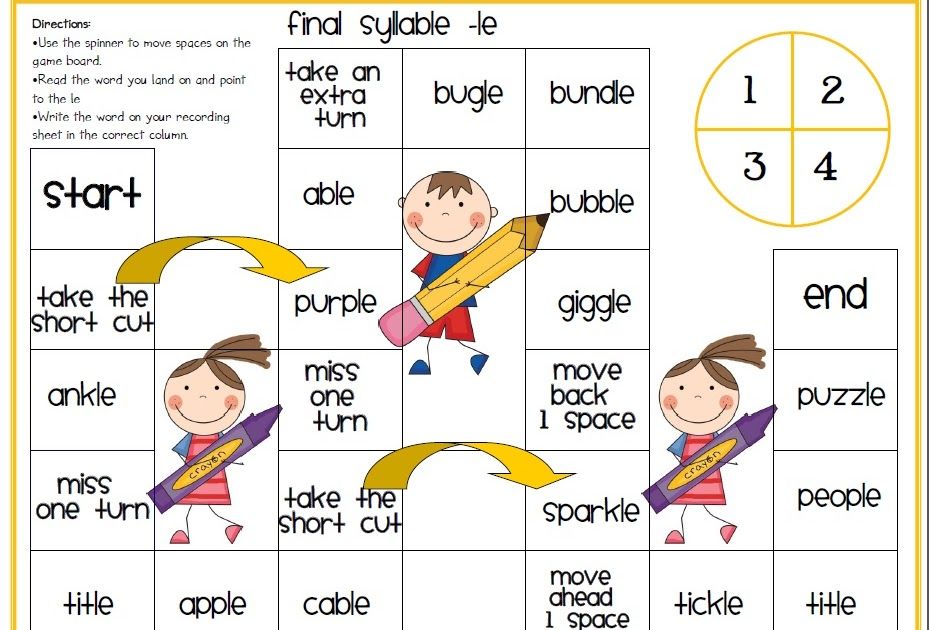 Solving word puzzles using an underscore or dash ( Example: _a_t_i_a ). All words/letters without a dedicated page will be unscrambled.
Solving word puzzles using an underscore or dash ( Example: _a_t_i_a ). All words/letters without a dedicated page will be unscrambled. - Find scrabble words by points! Add "scrabble" in your query, such as Scrabble words with 14 points.
- Favorite words to your account
View All English Words
Any Word finder ideas you want? Send a word find feature request to let me know.
Are you interested in learning Japanese while improving your English with You Go Words!? You can learn Japanese online and free with Misa of Japanese Ammo including grammer and vocabulary.
In Progress
Finder features I'm working on.- Phonograms searching coming soon due to many users searching such as "words ending with a multiple phonogram"
- Root word search. Show with prefix and suffix options, only if it has a root word.
- Alternative spelling of words from American English to British English. Mouse over example: Color
- Printable & downloadable word lists.
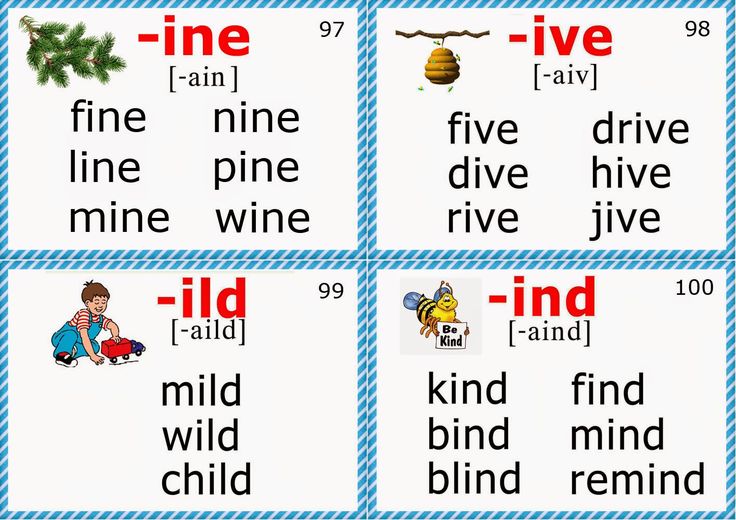
- Frequency of a words appearance in books, and other texts.
- Allow word find such as "words which contain the consonants N, T, and R". This would provide a list of words with letters in a specific order, such as the consonants in the order of ntr.
- Plural and singular words with information and example sentences.
- Word games by school grade from Kindergarten to grade 12.
- Provide words that can be used twice or more in one sentence with example sentences.
- Paraphrasing, pronunciation, and free grammar tools.
- Seperate words by area of focus. ( Technology, Education, Science, Psychology, etc. )
Did You Find Your Words?
If you could not find the words you were looking for, please submit feedback or leave a comment below. Let me know what word list you could not find, and I'll be sure to get it fixed up for you.
Didactic games and exercises for the formation of the syllabic structure of the word
Formation in children of grammatically correct, lexically rich and phonetically clear speech, enabling verbal communication and preparing for schooling is one of the important tasks in the overall system of work on training child's native language in kindergarten and in the family.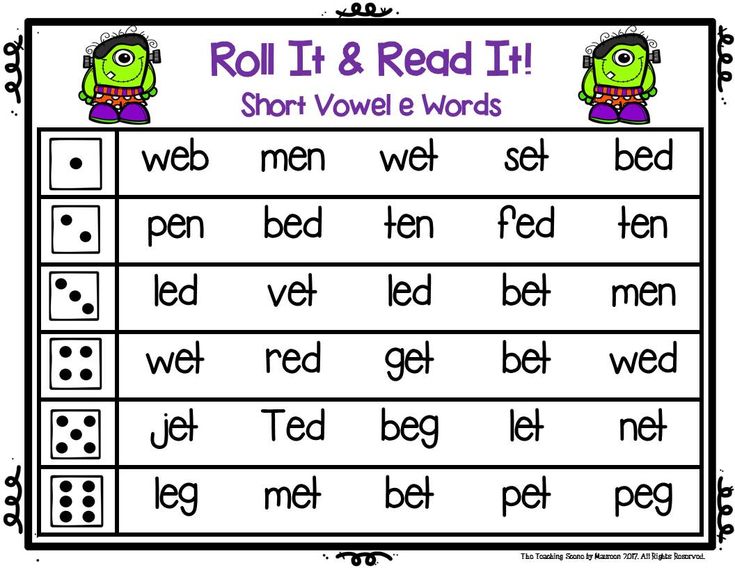
For the education of a full-fledged personality, it is necessary eliminate everything that interferes with free communication child with the team. It is important that children mastered their native language as early as possible, they spoke correctly, clearly, expressively. Especially necessary for the child becomes the right pronunciation of sounds and words when he begins to acquire literacy. Practice speech therapy work shows that often on the first plan in preschool age is put forward correction of sound pronunciation and underestimated the meaning of the formation of the syllabic structure of words, and this is one of the causes of dysgraphia and dyslexia in schoolchildren.
Among the various speech disorders in children preschool age is one of the most difficult for correction is such a special manifestation speech pathology, as a violation of syllable word structures. This speech defect characterized by difficulty in pronunciation of words complex syllabic composition (violation of the order syllables in a word, omissions or adding new ones syllables or sounds). Violation of the syllabic structure words are usually detected in speech therapy examination of children with general underdevelopment of speech. As a rule, the range of these violations varies: from minor difficulties pronunciation of words of a complex syllabic structure in conditions of spontaneous speech to gross violations in repetition by the child of two- and three-syllable words without consonant confluences even with the support of visualization. Deviations in the reproduction of the syllabic composition words can appear as follows:
Violation of the syllabic structure words are usually detected in speech therapy examination of children with general underdevelopment of speech. As a rule, the range of these violations varies: from minor difficulties pronunciation of words of a complex syllabic structure in conditions of spontaneous speech to gross violations in repetition by the child of two- and three-syllable words without consonant confluences even with the support of visualization. Deviations in the reproduction of the syllabic composition words can appear as follows:
1. Violation of the number of syllables:
- contraction of a syllable;
- omission of a syllable-forming vowel;
- an increase in the number of syllables due to insertion vowels.
2. Violation of the sequence of syllables in a word:
- permutation of syllables;
- permutation of the sounds of adjacent syllables.
3. Distortion of the structure of a single syllable:
- reduction of consonant clusters;
- inserting consonants into a syllable.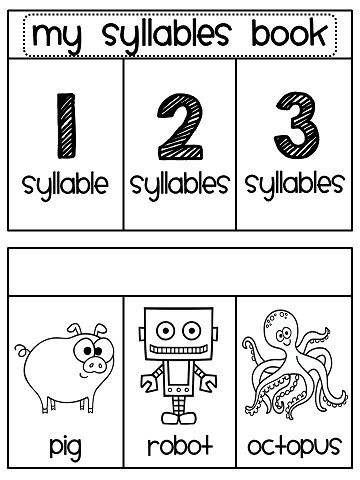
4. Assimilation of syllables.
5. Perseverations (cyclic repetition).
6. Anticipation (replacement of previous sounds subsequent ones).
7. Contamination (mixing word elements).
Violation of the syllabic structure of words can persist in children with pathology of speech development for quite a long time, revealing any once the child is confronted with a new sound-syllabic and morphological structure words [4].
The choice of methods and techniques of corrective work to eliminate this violation always preceded by an examination of the child, during which reveals the degree and level of violation syllabic structure of words. This will set the limits of the level accessible to the child, with which should start corrective exercises.
This type of work is based on the principle a systematic approach in the correction of speech violations and classification by A.K. Markova [10], which distinguishes 14 types of syllabic structure words in increasing degree of complexity:
1. Two-syllable words from open syllables (willow, children).
Two-syllable words from open syllables (willow, children).
2. Three-syllable words from open syllables (hunting, raspberries).
3. Monosyllabic words (house, juice).
4. Two-syllable words with a closed syllable (sofa, furniture).
5. Two-syllable words with a confluence of consonants in middle of the word (bank, branch).
6. Two-syllable words from closed syllables (tulip, compote).
7. Three-syllable words with a closed syllable (behemoth, telephone).
8. Three-syllable words with a confluence of consonants (room, boots).
9. Three-syllable words with a confluence of consonants and closed syllable (lamb, ladle).
10. Three-syllable words with two confluences consonants (tablet, matryoshka).
11. Monosyllabic words with a confluence of consonants in the beginning of the word (table, cupboard).
12.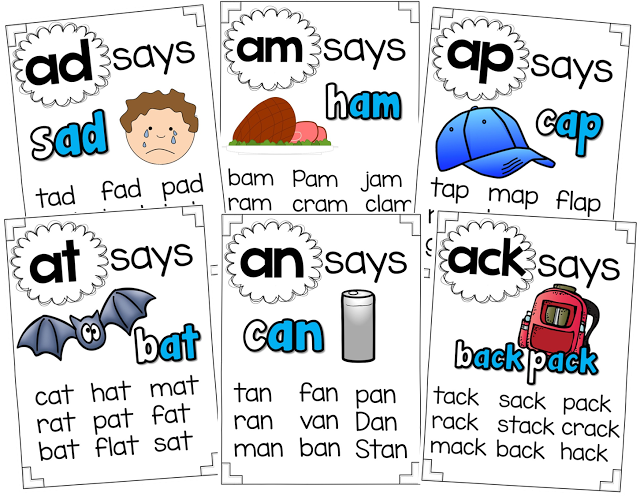 Monosyllabic words with a confluence of consonants in end of word (elevator, umbrella).
Monosyllabic words with a confluence of consonants in end of word (elevator, umbrella).
13. Two-syllable words with two confluences consonants (lash, button).
14. Four-syllable words from open syllables (turtle, piano).
Corrective work to overcome violations the syllabic structure of words consists of development of speech-auditory perception and speech motor skills. I built my work in two stages:
- preparatory; the purpose of this stage is prepare the child for the assimilation of rhythmic word structures of the native language;
- corrective; the purpose of this stage is direct correction of syllabic defects word structures in a particular child.
During the preparatory phase of , I exercises first on a non-verbal level, and then verbal.
Exercise “Repeat the same way”
Purpose: to learn to reproduce the given rhythm.
Materials: ball, drum, tambourine, metallophone, sticks.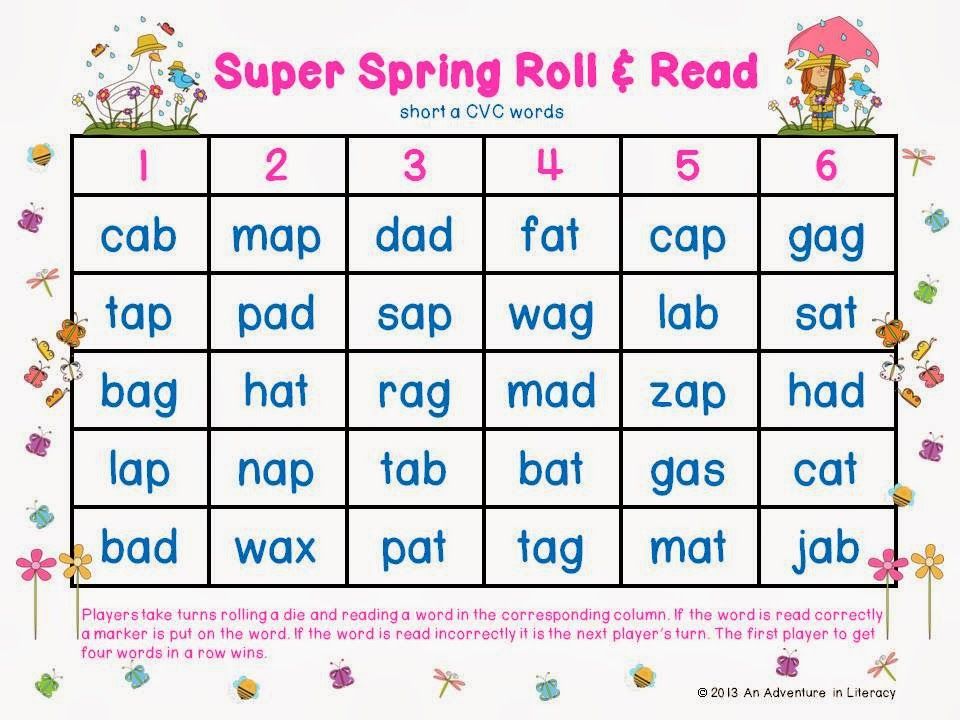
Course of the exercise: The speech therapist sets the rhythm with one of items, the child must repeat the same.
Exercise "Count correctly"
Purpose: to learn to count sounds.
Material: baby music and noise tools, cards with numbers, a cube with dots.
Exercise progress:
Option 1. The child claps his hands (knocks on tambourine, etc.) as many times as the points fell on cube.
Option 2. Speech therapist reproduces sounds, child counts them and raises a card with corresponding number.
Exercise "Choose a scheme"
Purpose: to learn how to relate a rhythmic pattern to his scheme on the card.
Material: rhythm cards drawings.
Exercise progress:
Option 1. Speech therapist sets a rhythmic pattern, the child chooses the appropriate scheme on card.
Option 2. The child reproduces rhythmic drawing according to the given scheme.
Exercise "Long - short"
Purpose: to learn to distinguish between long and short the sound of a word.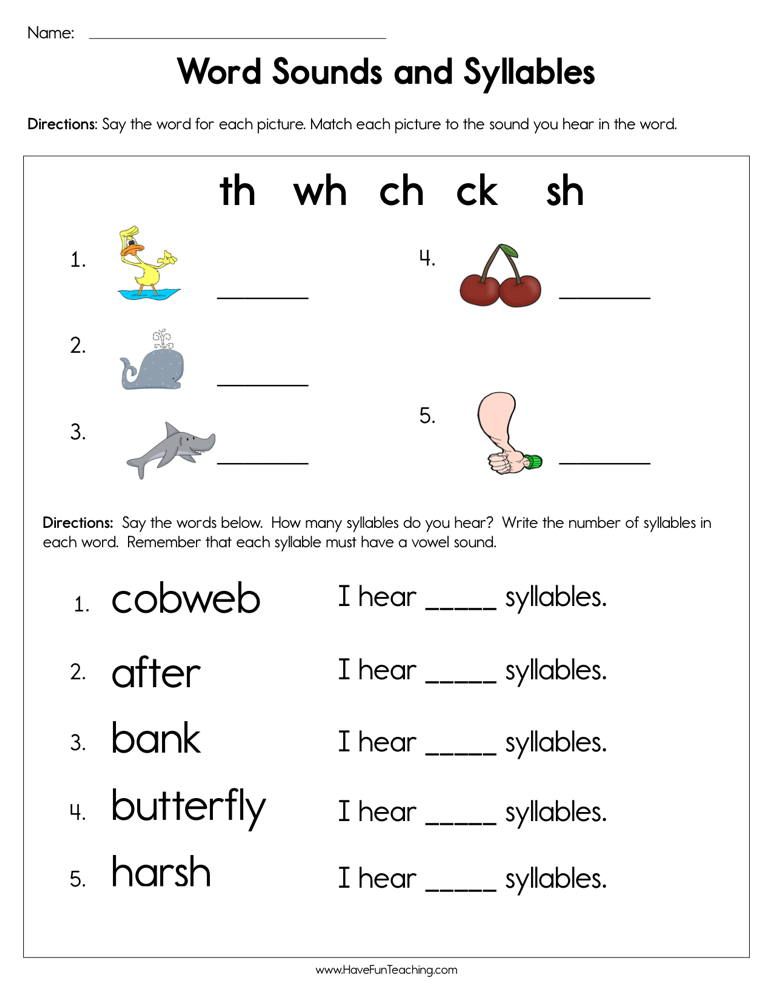
Material: chips, long and short strips paper, pictures.
Exercise progress:
Option 1. Speech therapist pronounces words, child places a chip on a long or short strip.
Option 2. The child calls the words in the pictures and decomposes them into two groups: to a long strip and to the short one.
At the corrective stage work was carried out at the verbal level with the obligatory "turning on" the auditory, visual and tactile analyzers.
Sound level exercises:
- “Say the sound A as many times as there are dots on cube. Say the sound O as many times as many times I'll clap my hands."
- "Find out what sound (series of sounds) I uttered." Recognition by soundless articulation, pronunciation with voice.
- Stressed vowel definition in stressed positions (in a series of sounds).
Syllable level exercises:
by stringing rings on a pyramid (by building turrets made of cubes, shifting pebbles or beads).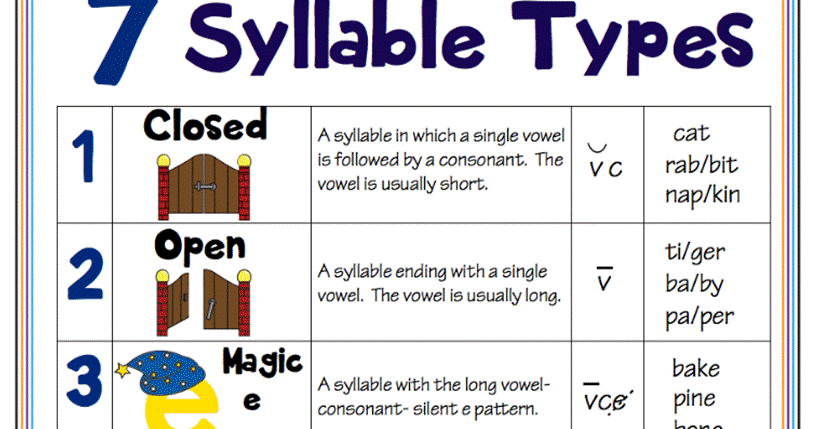
- "Fingers say hello" - pronunciation chains of syllables with a touch on each syllable fingers of the hand with the thumb.
- Count the number of syllables spoken speech therapist.
- Name the stressed syllable in the chain of heard syllables.
– Memorization and repetition of a chain of syllables different types.
Word level exercises:
Ball game
Purpose: to learn to clap the syllabic rhythm of a word.
Material: ball.
Game progress: the child beats the rhythm of the given word speech pathologist.
Game "Telegraph"
Purpose: to develop the ability to divide words into syllables.
Material: sticks.
Game progress: the child "transmits" the given word, tapping out his rhythmic pattern.
Count, don't make a mistake game
Purpose: to learn to divide words into syllables performing a mechanical action.
Material: pyramid, cubes, pebbles.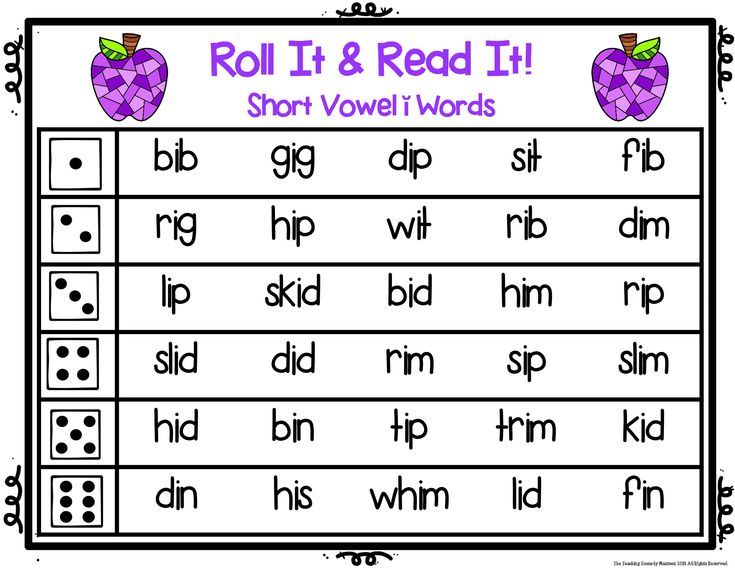
Game progress: the child pronounces the tasks given by the speech therapist words and lays out pebbles (pyramid rings, cubes). Compare words: where there are more pebbles, then word is longer.
Ball game "Pass it on"
Purpose: to learn to divide words into syllables, at the same time performing a mechanical action.
Material: ball.
Game progress: children pass the ball to each other and simultaneously name the syllable of the given word.
Game "Name the correct word"
Purpose: to learn to distinguish between correctly sounding words.
Material: pictures.
Game progress: the speech therapist pronounces the words incorrectly, the child calls the words correctly (if the child difficult to complete the task, then help is given Pictures).
Exercise “What has changed?”
Purpose: to learn to distinguish between different syllabic word structure.
Material: pictures.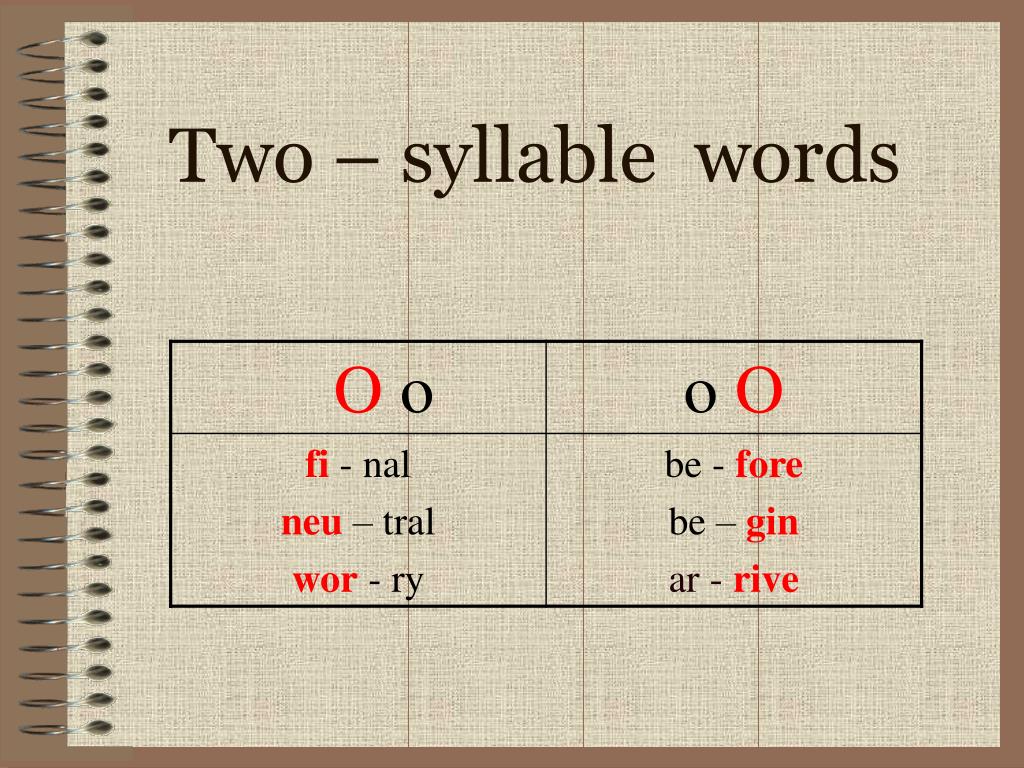
Course of the exercise: the child explains the difference between words.
Words: cat, cat, kitten. House, house, house.
Exercise "Find the longest word"
Purpose: to consolidate the ability to divide words into syllables.
Material: pictures.
Course of the exercise: the child chooses from the proposed pictures of the one that shows the longest word.
Exercise "Count, don't make a mistake"
Purpose: to strengthen children's ability to divide words into syllables.
Material: pictures, cards with numbers.
Course of the exercise: The speech therapist shows pictures, children show the number corresponding to the number of syllables in a word (complication option - number of the stressed syllable).
Exercise "Which word is different"
Purpose: to teach to distinguish words with different rhythmic structure.
Material: pictures.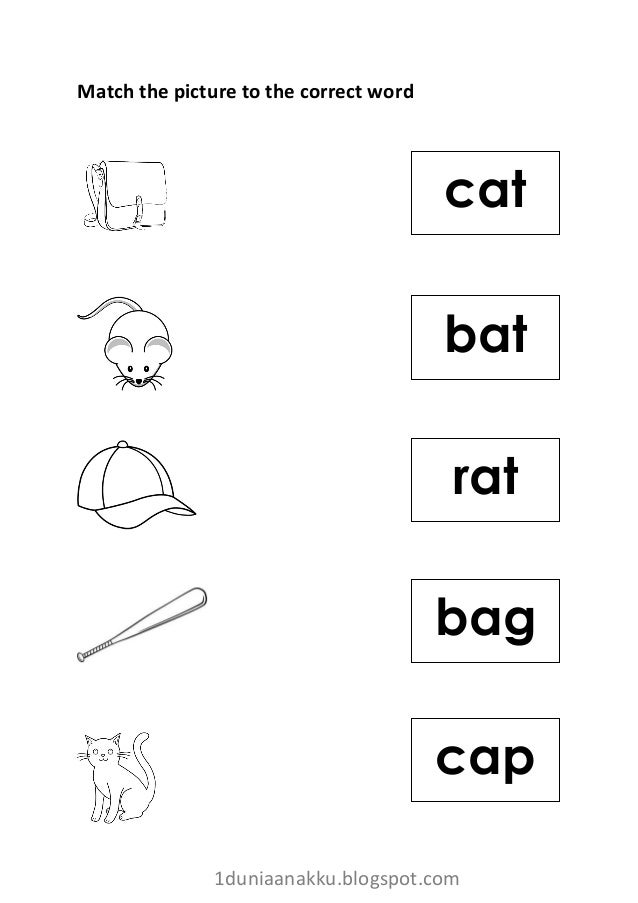
Course of the exercise: the speech therapist calls a series of words, children define an extra word (use pictures, if the kids are struggling).
Words: tank, cancer, poppy, branch. Wagon, bud, loaf, airplane.
Exercise "Name the same syllable"
Purpose: to consolidate the ability to compare syllable word structure.
Material: pictures.
Course of the exercise: the child must find the same syllable in the proposed words (airplane, milk, right, ice cream).
The game "The end of the word is yours"
Purpose: to learn to synthesize words from syllables.
Material: ball.
Game progress: the speech therapist starts the word and throws the ball to the child, he adds the same syllable SHA: ka ..., wa…, Da…, Ma…, Mi…
Game “Which word came out?”
Purpose: to exercise in the simplest syllabic analysis.
Material: ball.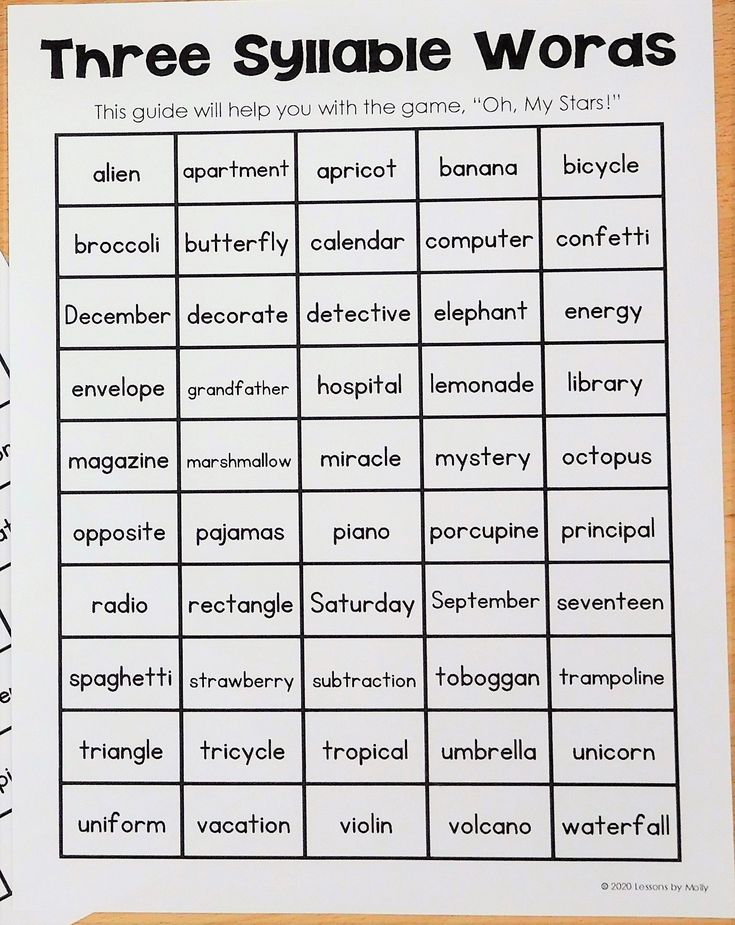
Game progress: the child, throwing the ball to the speech therapist, pronounces the first syllable. Speech therapist, returning the ball, says the second syllable and asks the child to name word in full.
Child: Speech therapist: Child:
ket bouquet
fet buffet
Boo tone bud
bin structures of the 6th type in the formation of names nouns.
Material: ball.
The course of the exercise: a speech therapist, throwing the ball to the child, names the subject. Child, returning the ball, calls him "kindly".
Bow - bow, bandage - bandage, bush - bush, scarf - scarf, leaf - leaf.
Exercise "Say the word correctly" structures of the 7th type, develop auditory attention and memory.
Material: subject pictures.
The course of the exercise: the speech therapist shows a picture and pronounces a sound. The child picks up hand when he hears the correct name of the subject and calls him.
Speech therapist: Child:
Mosalet
Lomaset aircraft
Airplane
Game "Syllabic blocks"
Purpose: to exercise in the synthesis of two-syllable words.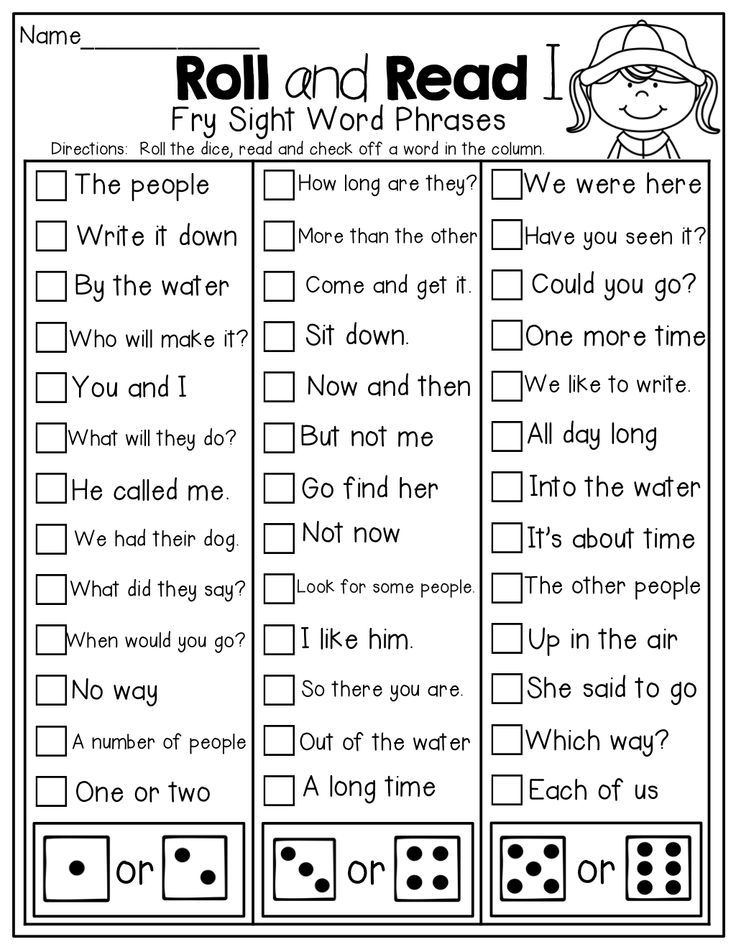
Material: cubes with pictures and letters.
Game progress: children must collect words from two parts.
Word chain game
Purpose: to consolidate the ability to analyze and synthesize two- or three-syllable words.
Material: cards with divided into parts pictures and words.
Game progress: children lay out a chain of words (pictures) like dominoes.
Logocube Game
Purpose: to practice syllabic analysis of one-two- and trisyllabic words.
Material: cube, subject pictures set, number cards.
Game progress: children choose from a common set of pictures those that match the given quantity syllables and fix them on a certain face Cuba.
Train game
scheme.
Material: train with wagons, a set of subject pictures, diagrams of the syllabic structure of words.
Game progress: children are invited to help "seat passengers" into wagons in accordance with the number of syllables.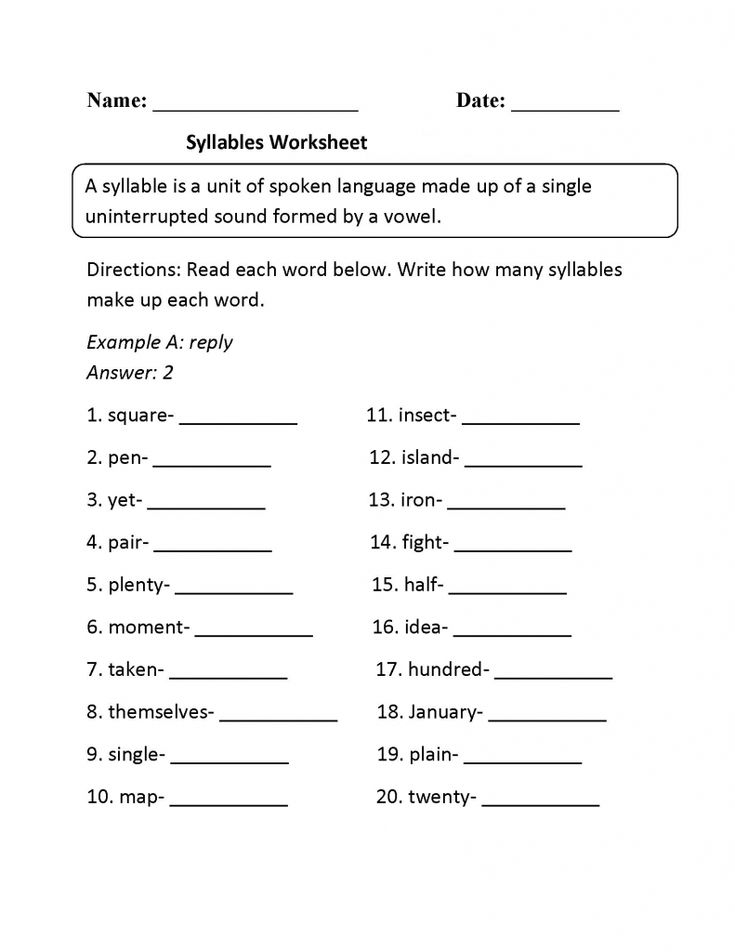
Pyramid game
word composition.
Material: a set of subject pictures.
Game progress: the child must arrange the pictures in given sequence: one at the top - with one-syllable word, two in the middle - with two-syllable words, three below - with three-syllable words.
Exercise "Collect the word"
words.
Material: cards with syllables on tinted paper.
Course of the exercise: each child lays out one word. Then they exchange a set cards and the game continues.
Exercise "Choose a word"
word structure.
Material: subject pictures, cards with syllable structure diagrams. Cards with words (for reading children).
Exercise progress:
Option 1. The child selects schemes for pictures.
Option 2. The child selects pictures for diagrams.
The game "Let's put things in order" synthesis.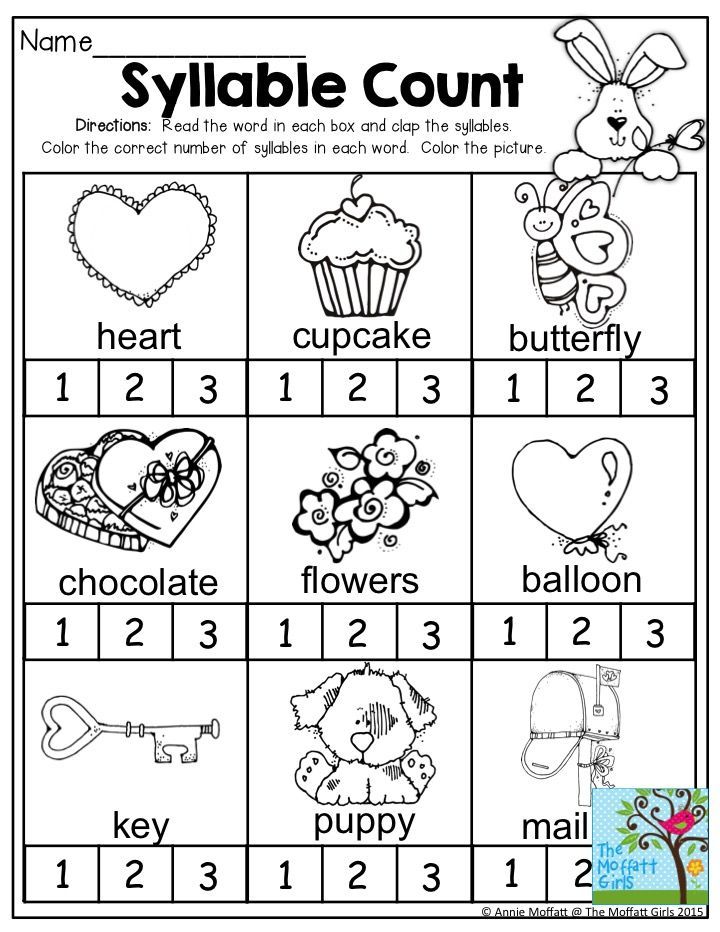
Material: a set of cards with syllables on tinted paper.
Game progress: children choose from a total syllables and put them in the right order.
The game "Who is more" words from syllables.
Material: a set of cards with syllables on paper one color.
Game progress: from the total number of syllables, children post as many words as possible.
Literature:
- Agranovich Z.E. Speech therapy work on overcoming violations of the syllabic structure of words in children. St. Petersburg: Detstvo-Press, 2000.
- Bolshakova S.E. Overcoming violations syllabic word structure in children. Moscow: Sphere, 2007.
- Volina V.V. Learning by playing. Ekaterinburg: Argo, 1996.
- Kozyreva L.M. We read by syllables. Complex games and exercises for children 5-7 years old. Moscow: Gnome and D, 2006.
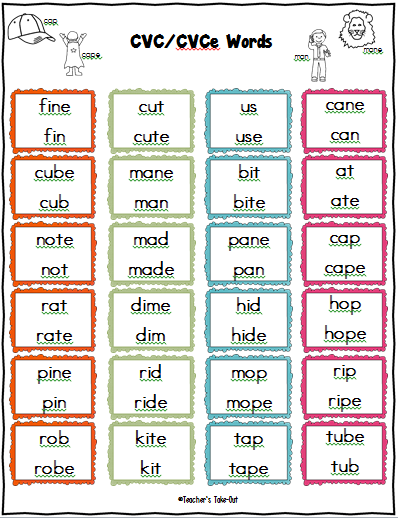
- Kurdvanovskaya N.V., Vanyukova L.S. Formation syllabic structure of the word. Moscow: Sfera, 2007.
- Lalaeva R.I., Serebryakova N.V. Correction general underdevelopment of speech in preschool children. St. Petersburg: Union, 1999.
- Lopukhina I.S. Speech therapy. Moscow: Aquarium, 1996.
- Tkachenko T.A. Correction of syllabic disorders word structures. Moscow: Gnom i D, 2001.
- Filicheva T.B., Chirkina G.V. Preparation for school of children with general underdevelopment of speech in conditions of a special kindergarten. Moscow: 1991.
- Chetverushkina N.S. Syllabic structure of the word. Moscow: Gnom i D, 2001.
Sitemap
MUNICIPAL PRESCHOOL EDUCATIONAL INSTITUTION
st.
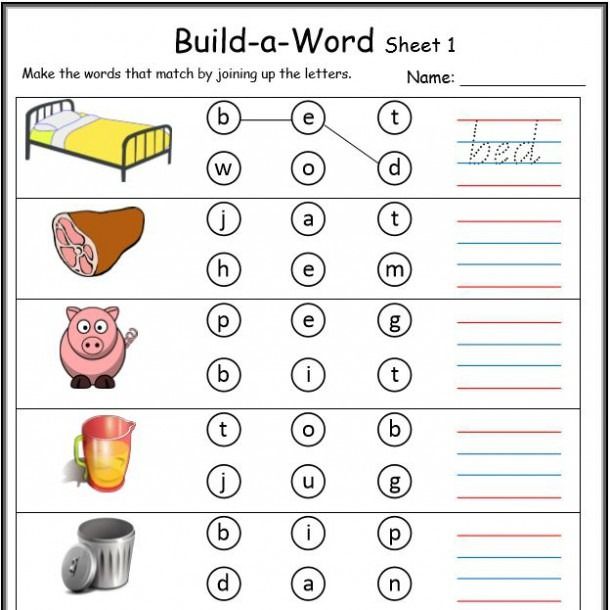

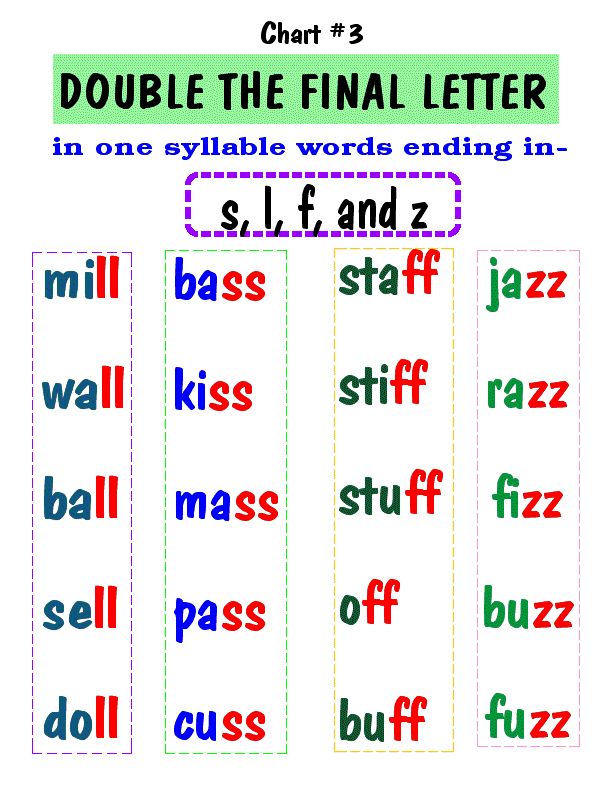 However, these words are useful for introducing and reinforcing high use words that are highly relevant to educational success, and are used often in daily life. Unfortunetely, this kindergarten words list may contain abbreviations which I am working on resolving.
However, these words are useful for introducing and reinforcing high use words that are highly relevant to educational success, and are used often in daily life. Unfortunetely, this kindergarten words list may contain abbreviations which I am working on resolving.